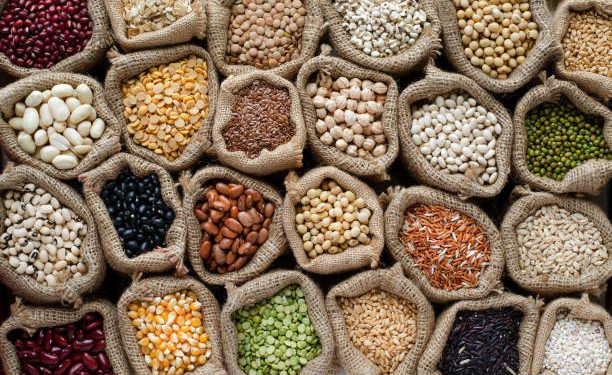Ghanaian Traders Urged to Comply with Burkina Faso’s Continued Export Ban on Cereals and Beans
The Ministry of Foreign Affairs has cautioned Ghanaian traders and businesses to adhere strictly to Burkina Faso’s continued ban on the export of cereals and white beans, warning of potential sanctions for non-compliance.
In a statement issued on Tuesday, February 25, the Ministry referenced official communications from Burkina Faso—joint communiqués No. 023-0017 (December 19, 2023) and No. 024-0017 (November 13, 2024)—which reaffirm the prohibition on exporting key staples, including rice, millet, maize, sorghum, and cowpeas.
Food Security Measures in Burkina Faso
The restriction is part of Burkina Faso’s strategy to protect domestic food security, as the region grapples with grain shortages and rising prices.
The government first implemented the export ban in December 2023, citing climatic challenges affecting agricultural output.
The recent extension, as outlined in the November 2024 communiqué, underscores the country’s commitment to stabilizing local food supplies.
Impact on Ghanaian Trade and Food Security
Ghana, a significant importer of cereals from Burkina Faso, faces potential supply disruptions and price hikes in local markets due to the ban. Market analysts warn of ripple effects, particularly for industries reliant on imported grains and beans.
The Ministry has urged border-region traders and businesses to seek alternative sources or adjust supply chains to mitigate the impact.
Government’s Advisory to Traders
“Ghanaian traders and businesses involved in importing these commodities from Burkina Faso are advised to take note of this directive and comply accordingly to avoid any sanctions or confiscation of goods,” the Ministry emphasized.
Ghana’s diplomatic missions in Ouagadougou and border agencies have been tasked with monitoring the situation and assisting affected traders where necessary.
Bilateral Engagements and Trade Stability
The Ministry reassured stakeholders that it remains engaged with Burkinabe authorities to explore possible solutions that balance economic interests with Burkina Faso’s domestic priorities.
In the meantime, Ghanaian importers are advised to exercise caution, adhere to trade regulations, and explore alternative sourcing options to maintain market stability.







